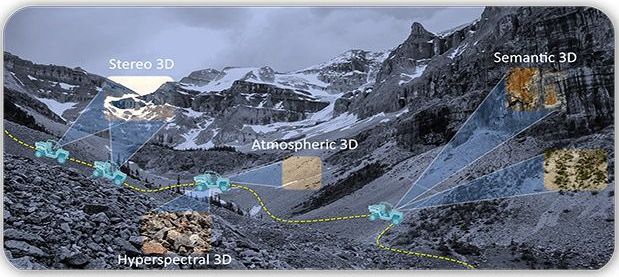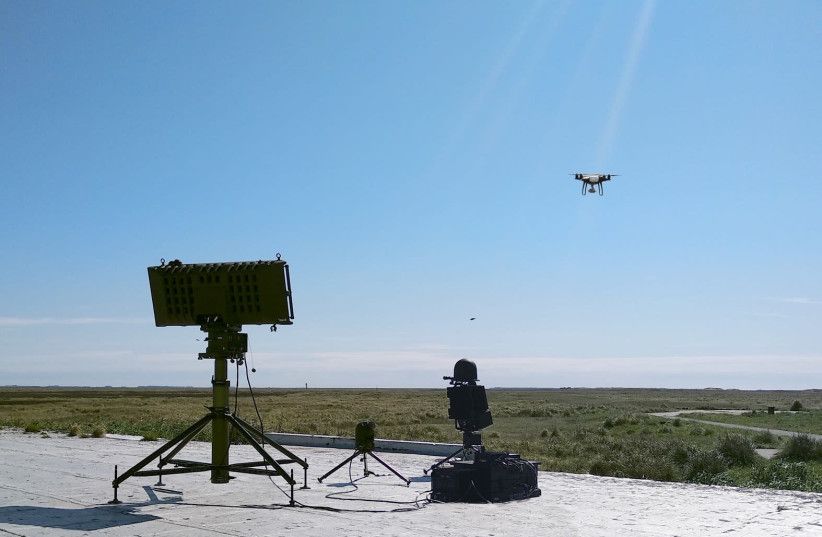Sky surveys are invaluable for exploring the universe, allowing celestial objects to be catalogued and analyzed without the need for lengthy observations. But in providing a general map or image of a region of the sky, they are also one of the largest data generators in science, currently imaging tens of millions to billions of galaxies over the lifetime of an individual survey. In the near future, for example, the Vera C. Rubin Observatory in Chile will produce 20 TB of data per night, generate about 10 million alerts daily, and end with a final data set of 60 PB in size.
As a result, sky surveys have become increasingly labor-intensive when it comes to sifting through the gathered datasets to find the most relevant information or new discovery. In recent years machine learning has added a welcome twist to the process, primarily in the form of supervised and unsupervised algorithms used to train the computer models that mine the data. But these approaches present their own challenges; for example, supervised learning requires image labels that must be manually assigned, a task that is not only time-consuming but restrictive in scope; at present, only about 1% of all known galaxies have been assigned such labels.
To address these limitations, a team of researchers from Lawrence Berkeley National Laboratory (Berkeley Lab) is exploring a new tack: self-supervised representation learning. Like unsupervised learning, self-supervised learning eliminates the need for training labels, instead attempting to learn by comparison. By introducing certain data augmentations, self-supervised algorithms can be used to build “representations”—low-dimensional versions of images that preserve their inherent information—and have recently been demonstrated to outperform supervised learning on industry-standard image datasets.





